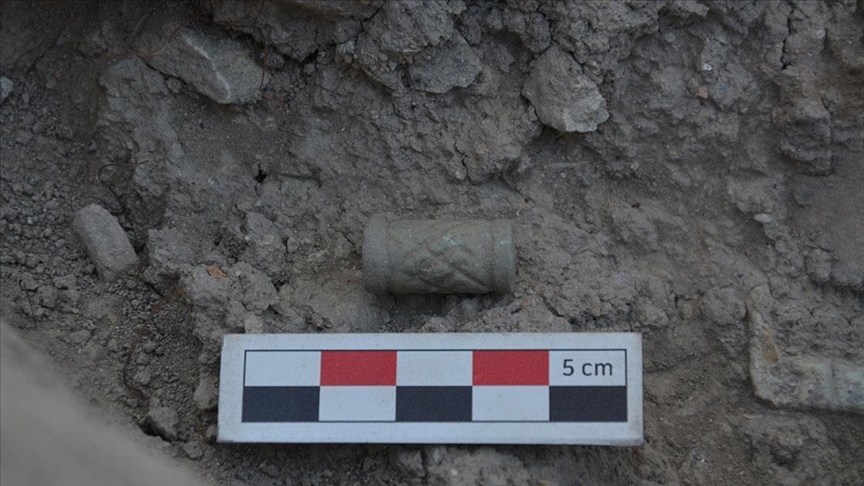
Archaeologists have discovered a 4,400-year-old jade cylinder seal in western Türkiye
Archaeologists working at the Seyitömer Mound in western Türkiye have discovered a 4,400-year-old jade cylinder seal.
Excavations at the Seyitömer Mound in Kütahya are being conducted under the leadership of Dr. Sevgi Gürdal, the Director of the Kütahya Museum.
The seal made of jade is believed to be the oldest of its kind found in the region. It is thought that the jade stone was sourced from the Harmancık area, located between Kütahya and Bursa.
Regarding the discovery, Dr. Sevgi Gürdal stated, “Cylinder seals first appeared in Mesopotamia around the mid-4th millennium. They later spread to Anatolia and various parts of the world through trade routes.”
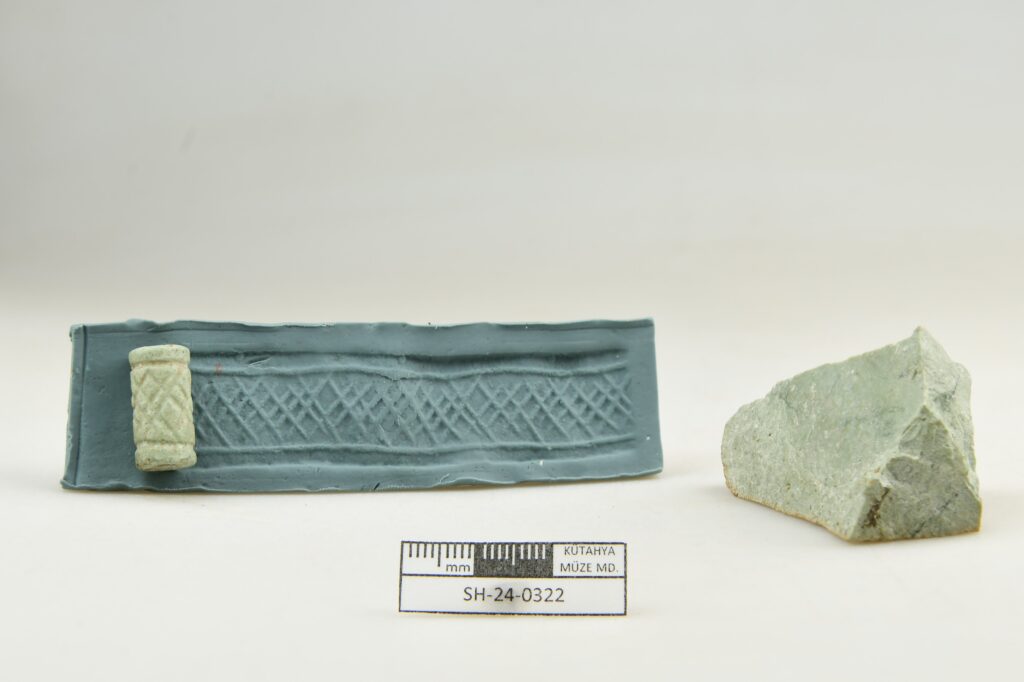
She mentioned that during the same period in Western Anatolia, only two cylinder seals have been found so far: one made of fired clay and the other made of blue feldspar, both discovered last summer at the ancient city of Troy in Çanakkale. The cylinder seal from Seyitömer, dating back to the Early Bronze Age II, was made approximately 600 years before those found in Troy.
Gürdal added, “Previous excavations at Seyitömer Mound have uncovered cylinder seals from the Early Bronze Age III and Middle Bronze Age, but this example is the oldest cylinder seal in Inner Western Anatolia.”
Similar cylinder seals from the Middle Bronze Age were found this summer at Tavşanlı Mound and Maydos Kilisetepe.
Cover Photo: Anadolu Agency
You may also like
- A 1700-year-old statue of Pan unearthed during the excavations at Polyeuktos in İstanbul
- The granary was found in the ancient city of Sebaste, founded by the first Roman emperor Augustus
- Donalar Kale Kapı Rock Tomb or Donalar Rock Tomb
- Theater emerges as works continue in ancient city of Perinthos
- Urartian King Argishti’s bronze shield revealed the name of an unknown country
- The religious center of Lycia, the ancient city of Letoon
- Who were the Luwians?
- A new study brings a fresh perspective on the Anatolian origin of the Indo-European languages
- Perhaps the oldest thermal treatment center in the world, which has been in continuous use for 2000 years -Basilica Therma Roman Bath or King’s Daughter-
- The largest synagogue of the ancient world, located in the ancient city of Sardis, is being restored

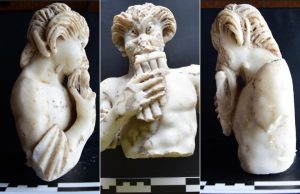
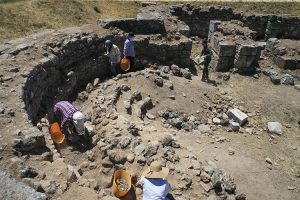
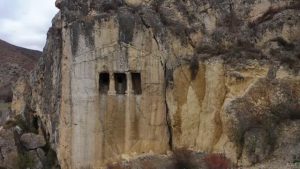
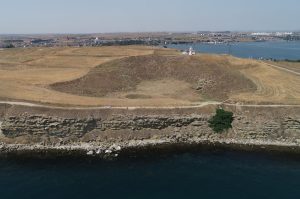





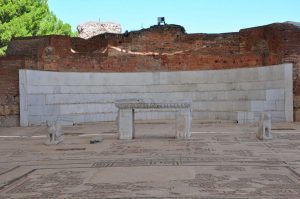
Leave a Reply